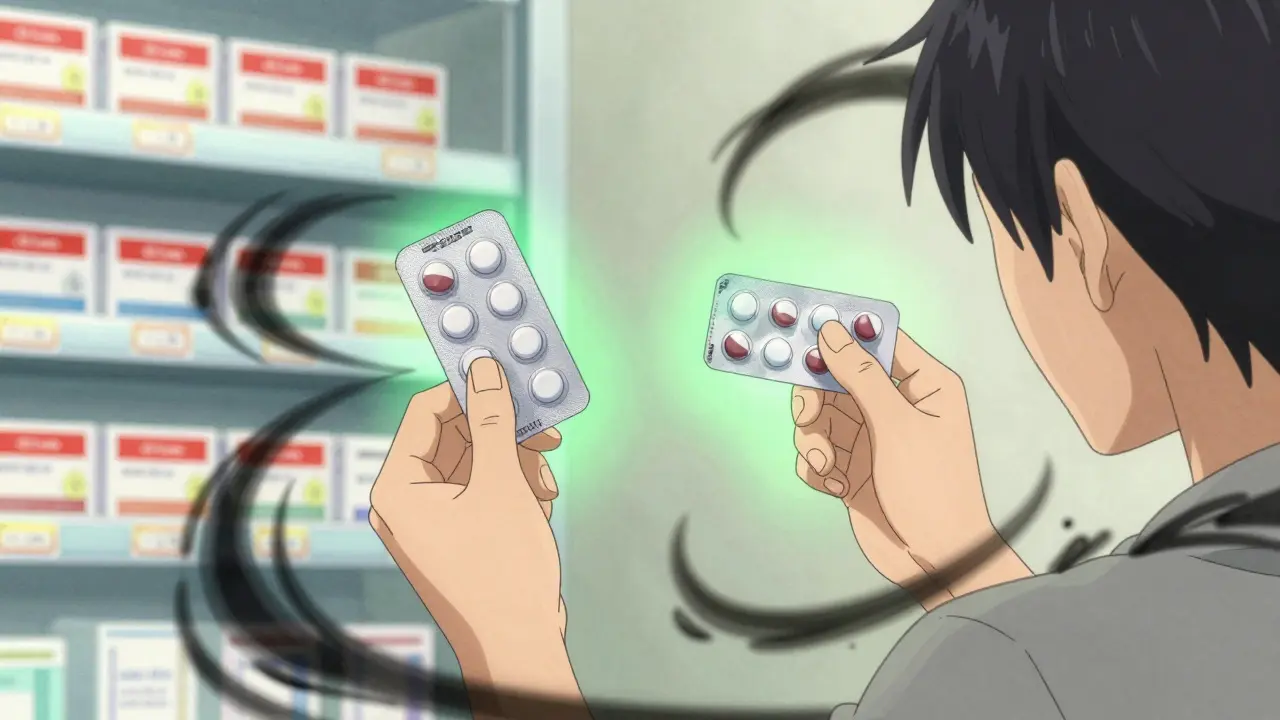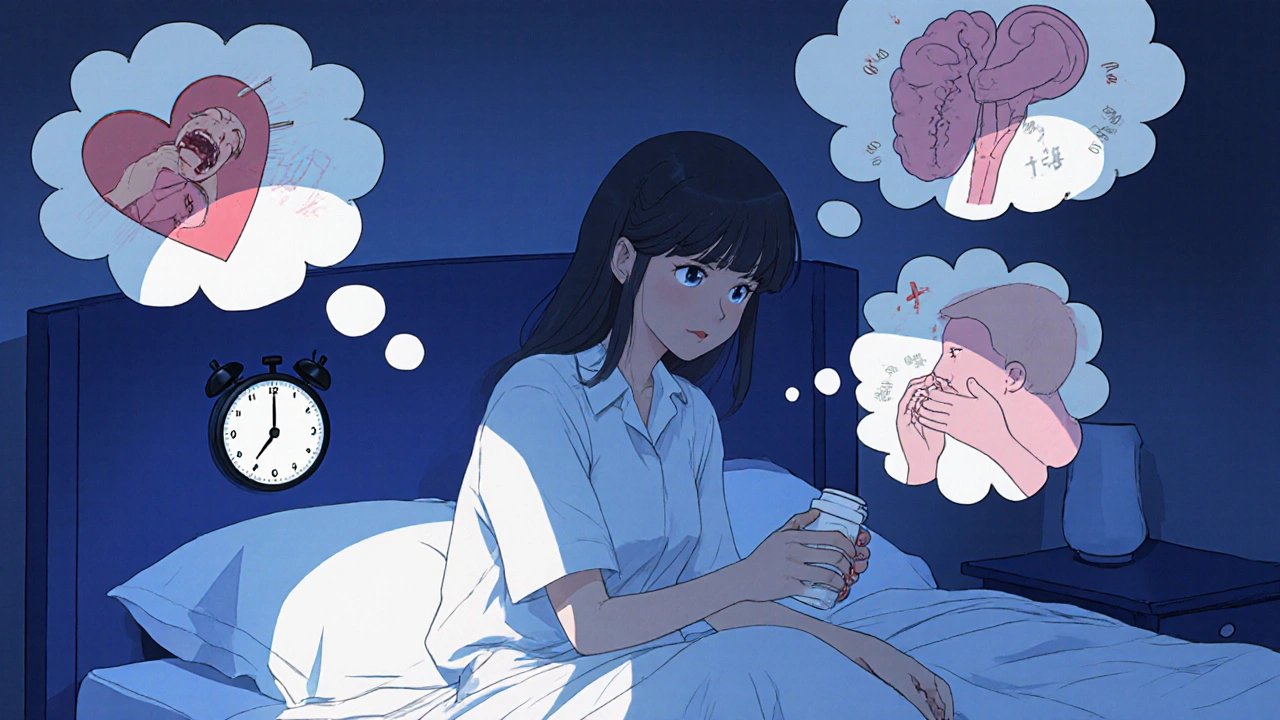Nocebo Effect: How Negative Expectations Harm Your Health
When you believe a treatment will hurt you—or that a side effect is coming—your body can actually make it happen. This isn’t imagination. It’s the nocebo effect, the harmful counterpart to the placebo effect, where negative beliefs trigger real physical symptoms. Also known as negative placebo effect, it’s why some people feel dizzy after taking a sugar pill if they were told it might cause dizziness.
The nocebo effect, a well-documented phenomenon in clinical trials and real-world medicine doesn’t need drugs to work. Just hearing that a medication has side effects like nausea or fatigue can make those symptoms appear—even if the pill is inert. Studies show patients given fake pills labeled as having "severe side effects" reported those side effects at rates matching real drugs. This isn’t weakness. It’s biology. Your brain, wired to predict danger, activates stress pathways that mimic illness. The placebo effect, the opposite side of the same coin, where positive expectations improve symptoms proves the mind’s power—but the nocebo effect shows how easily that power turns destructive.
This matters because doctors and pharmacies often warn patients about side effects using fear-based language. A simple phrase like "some people get headaches" can plant the seed. That’s why some people report headaches after starting a new pill, even when the drug’s clinical data shows headaches occur no more often than with a placebo. The mind-body connection, the link between psychological states and physical responses is real, measurable, and often overlooked in treatment plans. Even conditions like chronic pain, fatigue, and nausea can be worsened—not caused—by negative expectations.
What you’ll find in these posts isn’t just about drugs. It’s about how your beliefs shape your experience with them. From how feverfew interacts with blood thinners to whether trazodone really causes drowsiness, many of the side effects people report are shaped by what they’ve been told—not just by chemistry. The same goes for comparing Cartidin, finasteride, or warfarin alternatives. If you’re scared of a drug’s reputation, your body may respond as if the risk is real—even if the science says otherwise. Understanding the nocebo effect doesn’t dismiss your symptoms. It helps you separate what’s biological from what’s psychological, so you can make smarter, calmer choices about your health.

Nocebo Effect: How Negative Expectations About Generic Medications Hurt Your Health
Negative beliefs about generic medications can trigger real physical symptoms-even when the drugs are identical to brand-name versions. Learn how the nocebo effect harms health and how to prevent it.

Psychological Strategies to Manage Anxiety About Medication Side Effects
Learn proven psychological strategies to manage anxiety about medication side effects, reduce fear, and improve adherence. Discover how CBT, mindfulness, and symptom tracking can help you stick with your treatment.
